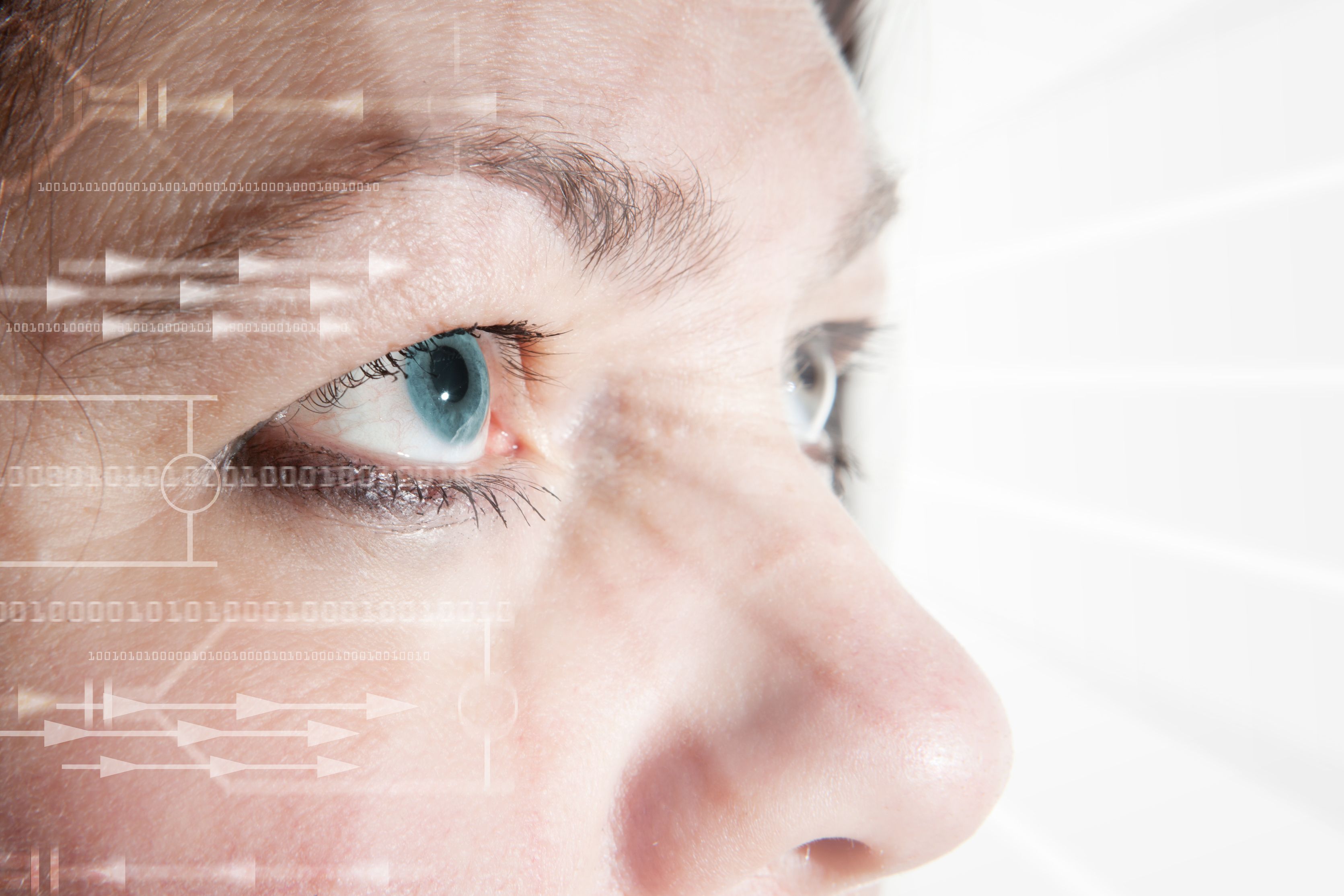
(Vienna 28 November 2017) Personalized medicine or "precision medicine" is the most significant trend in 21st century medicine. "It’s all about the right treatment for the right patient at the right time," says Ursula Schmidt-Erfurth, Head of MedUni Vienna's Department of Ophthalmology and Optometry. And looking into the eye – using digital techniques and analysing Big Data – also provides an accurate picture of a person's general medical condition, facilitates early diagnosis and treatment and makes for transparent patients. The ART-2017 specialist conference (Advanced Retinal Therapy) is characterised by these digital developments in personalised medicine.
"As a window into the condition of a person's brain and vascular system, the retina offers huge insights into their Life Science data," explains Schmidt-Erfurth at today's press conference about ART 2017. In collaboration with the Department of Medicine III and the Division of Endocrinology and Metabolism, headed up by Anton Luger, it will in future be possible for doctors at MedUni Vienna to make an on-the-sport diagnosis of diabetes from the eye, using the first automated digital retinal screening technique, without the help of an ophthalmologist.
In terms of diagnostic imaging, the eye is a unique part of the human body. Using OCT (optical coherence tomography) technology, 40,000 scans are produced within 1.2 seconds, with a total volume of 65 million voxels. The term voxel is a contraction of "volume" and "element" and refers to a grid point in a three-dimensional grid and overall to a huge volume of information about a patient's retina.
The OCT data are analysed using automated algorithms generated on the basis of Artificial Intelligence. Both the device and the AI method were developed by the Medical University of Vienna, notably at the Center for Medical Physics and Biomedical Engineering and in the OPTIMA Christian Doppler laboratory, under the supervision of Schmidt-Erfurth. Christoph Hitzenberger und Adolf Fercher from the Center for Medical Physics and Biomedical Engineering were awarded this year's Dolores H. Russ Prize, the "Nobel Prize for Engineering Sciences", for the early development of OCT as a technique. Moreover, Ursula Schmidt-Erfurth has just been awarded the Donald Gass Medal by the most prominent society in the USA, the Macula Society, and also holds several patents for development of these algorithms.
Personal and medical Life Data
"A digital image of the retina provides us with an enormous amount of data, offering information about a person's entire personal and medical Life Data," explains Schmidt-Erfurth. "Not only about existing or potential diseases, but also about lifestyle." For example, the retina shows how old a person is, their gender, smoking habits, blood pressure and whether they have diabetes, or at least an increased risk of developing it.
"It has hitherto not been possible for us, as internists, to look into the eye, because we lacked diagnostic experience and did not have the necessary equipment in our department. Diabetes and high blood-pressure are very common conditions and, in many patients, result in long-term retinal damage," explains Florian Kiefer, internist at MedUni Vienna's Department of Medicine III. "By incorporating these new technologies into clinical care, we will be able to obtain a much more accurate picture of our patients' general health, so that we will not only be able to offer them individual information and advice but also customised treatments. This innovative approach represents a further important step towards better comprehensive care of the rapidly increasing number of diabetics."
Moreover, it might be possible in future to detect diseases of internal organs, such as the kidneys, or age-related problems and neurological diseases from the retina.
Says Schmidt-Erfurth: "A large number of digital techniques are already being used in the management of eye conditions, always with the aim of improving standards of ophthalmological care. Digital retinal scanning is an additional revolutionary step in this direction. However, it also opens up a whole universe of potential applications, far beyond purely medical ones... and an essential change to the job description of doctors in the near future." Under the banner: "The future is here to stay", the ART will provide a forum for lively debate between experts.
Event: ART 2017 (Advanced Retinal Therapy) Specialist Congress
Saturday, 2 December 2017, 08:30 – 16:00 hours. Austrian Academy of Sciences, Doktor-Ignaz-Seipel-Platz 2. Further information and programme: www.artvienna.eu The conference focuses on the very latest methods in modern eye surgery and, in particular, on personalised medicine (precision medicine), the most significant trend in 21st-century medicine.
Precision medicine – the most significant trend in medicine
In October 2017, under the slogan "Serious illness no longer means the end", the Medical University of Vienna launched an extensive fund-raising campaign to raise awareness of precision medicine and to build a research centre. It is planned to complete the Center for Precision Medicine on the MedUni General Hospital campus by 2022. This is intended to be one of the leading centres for research and development of treatments in this field and to play a major role in 21st-century medicine.
Precision medicine - or personalised medicine - is based on state-of-the art diagnostic methods, such as genome sequencing and molecular imaging, and it should make it possible to offer patients more personalised and targeted treatment in future.
For more information: www.zpm.at